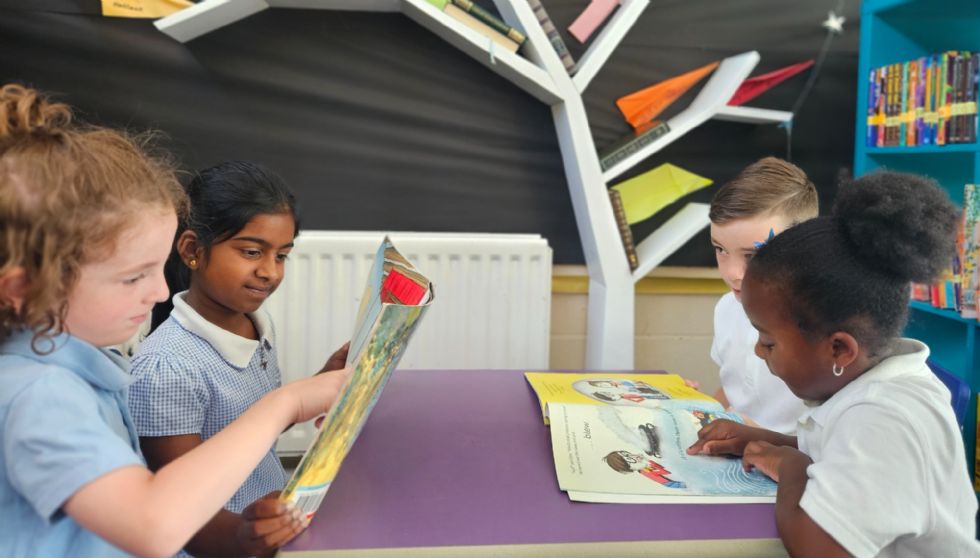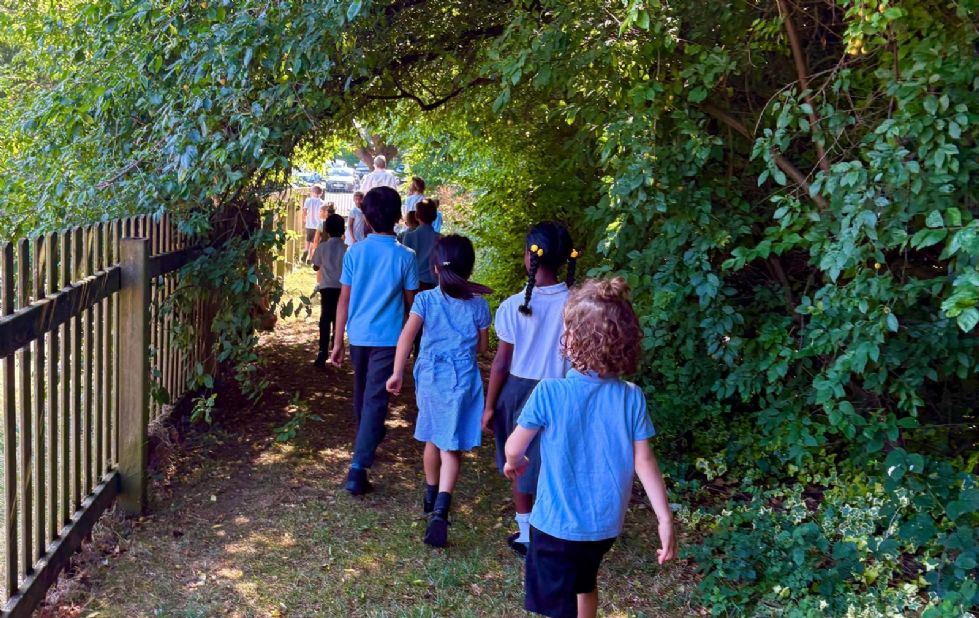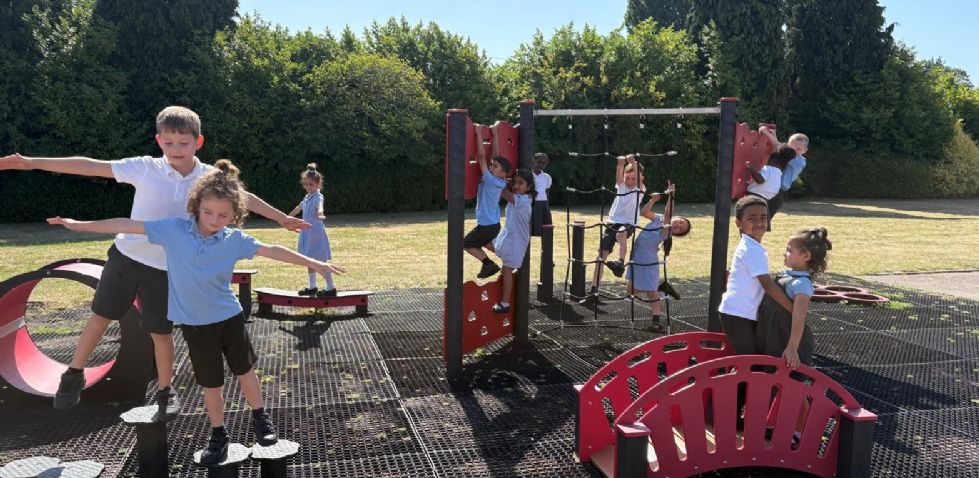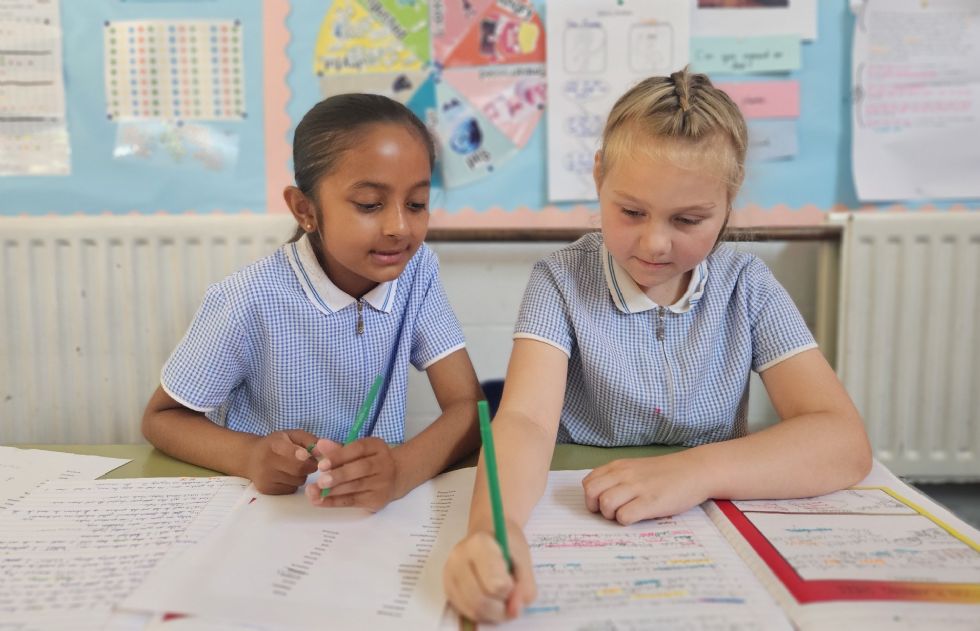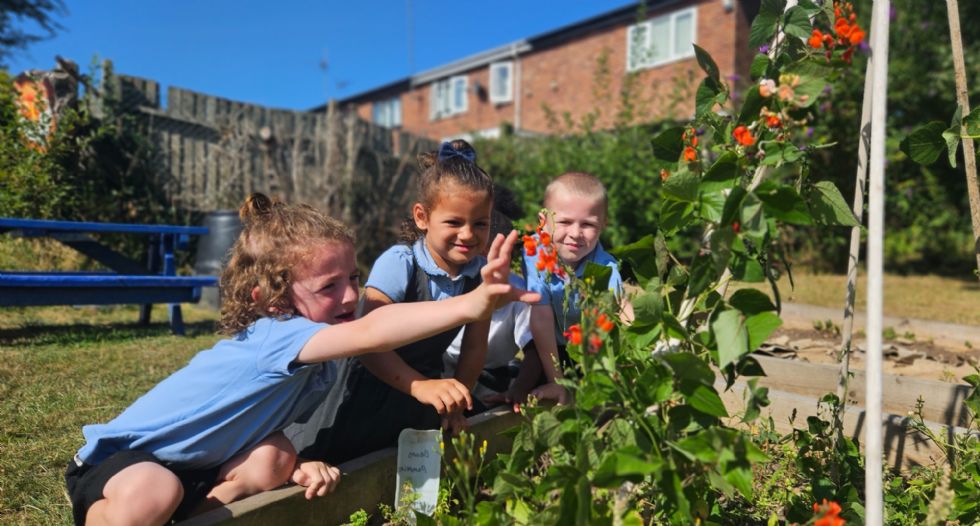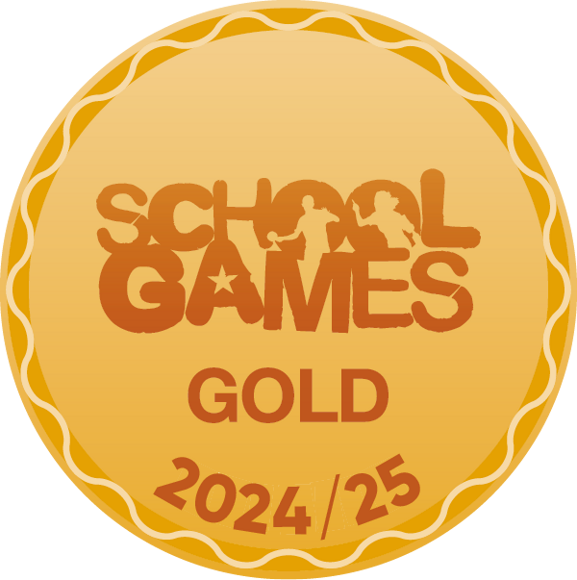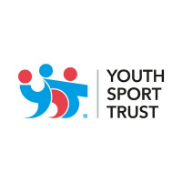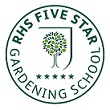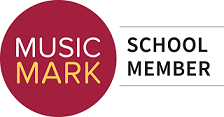English
"Words are our most inexhaustible source of magic”
J.K. Rowling
English has a pre-eminent place in education and in society. A high-quality education in English will teach pupils to speak and write fluently so that they can communicate their ideas and emotions to others and through their reading and listening, others can communicate with them. Through reading in particular, pupils have a chance to develop culturally, emotionally, intellectually, socially and spiritually. Literature, especially, plays a key role in such development. Reading also enables pupils both to acquire knowledge and to build on what they already know. All the skills of language are essential to participating fully as a member of society; pupils, therefore, who do not learn to speak, read and write fluently and confidently are effectively disenfranchised.
Reading
“So please, oh please, we beg, we pray, go throw your TV set away, and in its place you can install a lovely bookshelf on the wall”
Roald Dahl
WE CAN provide teaching that develops knowledge and skills so children can learn and progress effectively
EYFS
As soon as children enter Reception, they start their journey to becoming independent readers who love books. This starts by being taught systematic synthetic phonics - at Grendon we use Read Write Inc. to teach this. Children are taught phonics for 20 minutes every day in ability groupings. Progress is carefully tracked and any children that are falling behind take part in interventions. When children are ready, they read 'Read Write Inc.' story books that are well-matched to their phonic ability, to ensure they develop fluency and accuracy when reading.
Children’s language and love of reading is developed through story times, where children listen to stories, learn new words and phrases, ask and answer questions and become immersed in the story by acting it out. In addition to this, all Reception children take home a library book to share with their parents.
KS1
As children move into Y1 their phonics education continues. This means children continue to receive daily phonics teaching through the Read Write Inc. scheme and read ‘Read Write Inc’ storybooks that are well-matched to children’s phonics ability. Progress continues to be tracked and any children falling behind become part of intervention groups. Once children have passed their phonics screening check, children read book banded titles, these books are ‘real reads’, rather than scheme books. The books are well matched to children’s reading ability and they help to develop their comprehension skills. Any children still needing phonics education beyond Y2 continue to receive it.
Children continue to develop a love of reading through story times.
KS2
Children develop their comprehension skills through Reciprocal Reading. Children read a wide variety of exciting texts and are taught how to apply predicting, clarifying, questioning and summarising skills to really understand the text. Texts are often linked to other areas of the curriculum to help further strengthen knowledge. Underpinning all of this is high quality speaking and listening, as children work in groups to justify and evaluate ideas and opinions about texts.
Children continue to develop a love of reading through story time and free choice reading as part of their daily Reciprocal Reading lessons. Children also take home a book banded ‘real read’ that is matched to their reading ability.
Whole school
To develop children’s love of reading further;
- We have Grendon’s Top 50 reads. These are a selection of essential and classic reads that children will have read by the time they leave Grendon. Each year group will enjoy seven of these books, which makes a total of 49. Then they will read one fable from Aesop’s fables each year – this will make book 50.
- All children have access to the library before school.
- All children have the opportunity to use the children to research other curriculum areas using books or iPads.
- All children have timetabled time to use the library so they can take out a book.
- We run an after-school Book Club during selected terms.
- All children have access to Wheelers ebooks, so children can read books at home on tablets or laptops.
- We hold World Book day events every year
WE CAN work together to remove barriers and ensure equality
Phonics is taught in ability groups so all children are receiving phonics education at their level. Similarly, when children are just at the decoding stage of reading their book is well –matched to their phonics level, allowing children to be successful. Reading lessons are differentiated so that all children read texts at the appropriate level.
WE CAN build independent and resilient learners who are able to communicate confidently
Communication underpins Reciprocal Reading it begins with the clarifying stage where new words are identified and meanings learnt helping to broaden children their vocabulary. Children engage in discussions about books, developing their communication skills further as they put forward ideas and shape them as a group. This allows children to develop resilience as ideas are challenged and justified. Children develop independence through reading for pleasure and using skills they have learnt to tackle their chosen books.
WE CAN listen to and treat each other and all members of the community with respect, tolerance and concern
Respect is promoted through respectfully agreeing and disagreeing about others opinions about texts, understanding that we all have different like and dislikes when it come choosing books.
WE CAN recognise ability, maximise potential and prepare children well for their future and life in modern Britain
Children need a good standard of Reading for the future and life in modern Britain. At Grendon, our approach ensures that children are well equipped with the lifelong reading skills they will been as well as a love of reading.
Writing
“You can make anything by writing”
C.S. Lewis
WE CAN provide teaching that develops knowledge and skills so children can learn and progress effectively
EYFS
In Reception, children are taught how to apply their phonics skills to spelling words during their daily phonics sessions. They then go on to apply these skills in Literacy lessons when they develop their skills further by writing short phonetic sentences. Over the course of the year, children will begin to think of their own sentences, say them out loud and then write them, applying their phonics skills.
KS1 and KS2
The writing process begins by reading a WAGOLL (What A Good One Looks Like) and thinking about the audience and purpose of the piece of writing. Then identify what makes it a good piece of writing. What language features has the author used? What exciting new vocabulary has been included? This means, right from the outset, children clearly know what they are working towards and how to succeed with their writing.
Next, the children are then taught how to use those language features and vocabulary in a series of skills lessons. Speaking and listening takes high priority in these skills lessons as children spend time orally rehearsing their ideas before recording them in their books to refer back to.
Then children write their own version of the WAGOLL in the Imitation stage. Children highlight the language features and new vocabulary they have used (as identified in the WAGOLL) and decide what mark they should receive. This gives children the independence to recognise and how to improve next time.
The children then enter the Innovation phase of writing, where they think about how they could add their own creativity to the next piece of writing. For example, can they change the setting of the story so what new vocabulary is then needed to describe it? Can the main character change from good to bad, and how does this affect the story? Can the story have a different resolution and ending? Can their non-fiction writing be based on a different area of knowledge?
Further skills lessons are taught, so the children have all the skills to succeed with their Innovation writing. Children again use highlighting to show the language features and new vocabulary uses. They edit their work for spelling, punctuation and grammar as well as word choice to ensure that this final piece is the best it can be. Children read their final piece to peers to allow them the opportunity to celebrate their hard work as an author.
Children are then able to transfer the skills acquired in writing lessons across all other subject areas.
WE CAN work together to remove barriers and ensure equality
All writing lessons are differentiated to ensure that all children can achieve. For all children, oral rehearsal of what they are going to write is an important part of the process. Time is given to generate and try out ideas for writing as a whole class. This helps to remove barriers by giving the children the confidence to know what they want to write and they can then be given the appropriate support to record their ideas.
We track children’s progress across the subjects and support is quickly put in place to close any gaps in learning.
WE CAN build independent and resilient learners who are able to communicate confidently
Learning to write is a huge part of being able to communicate confidently. The way that writing is taught at Grendon gives the children independence when writing because they are clearly taught what language features are needed to be successful and the children take ownership of showing that they have used them. They are taught to be resilient by understanding that we all can make mistakes in writing but we can improve our work at the editing stage and that editing is part of the writing process.
WE CAN listen to and treat each other and all members of the community with respect, tolerance and concern
Children celebrate their writing after their final piece by reading it to peers, who then tell them all the things they like and did well in their writing showing respect for one another as authors.
WE CAN recognise ability, maximise potential and prepare children well for their future and life in modern Britain
Children need a good standard of written English for the future and life in modern Britain. At Grendon, we firmly believe that the way that we teach writing prepares children well for the future as well as fostering a love of writing.
Phonics
At Grendon we use Read Write Inc. to teach phonics.
What is Read Write Inc?
Read Write Inc (RWInc.) is a synthetic phonics scheme that helps children to become independent and fluent readers. RWInc. Phonics is taught in Reception, Year One and for older children where further support is needed.
How will RWInc. be taught?
As soon as children enter Reception, they start their journey to becoming independent readers who love books.
This starts by being taught systematic synthetic phonics using the RWInc. scheme. Throughout the scheme, children learn the English alphabetic code: 150+ graphemes that represent 44 speech sounds. They are supported to learn these through enjoyable mnemonics and with the help of Fred the Frog, who can only speak in ‘pure’ sounds, (sounds must be said correctly in order to support reading – see link below in the ‘How can I help my child?’ section).
The sounds are split into three sets. Children are taught phonics daily for 20 minutes, in ability groups. Below you will see an example of the structure of a phonics lesson taught at Grendon. There are also links to online phonics lessons in the ‘How can I help my child at home?’ section, so you can see what a phonics lesson looks like in practice.
A sample set 1 sounds phonics lesson
- Say the sound.
- Read the sound.
- Review sounds - children read sounds they have learnt previously.
- Write the letter - learn to form the letter correctly.
- Speed write - write sounds they have previously learnt.
- Oral blending – Fred talk.
A sample set 2 sounds phonics lesson
- Say the sound.
- Read the sound.
- Review sounds.
- Word time - read words containing the new sound (say sounds and blend out loud - Fred out loud).
- Review and read words with previously learnt sounds (blend sounds in head and say the word out loud – Fred in head).
- Reading assessment – reading alien (nonsense words).
- Spelling – orally segmenting words with new sounds (using Fred fingers) to know how many sounds before writing them.
- Teacher models on the board, children tick or fix their spelling.
- Spelling review – children spell words with previously taught sounds.
- Finally, children will write a short-dictated sentence containing tricky words and words with target sounds.
How is my child assessed?
At the end of every half-term, all children are assessed so we know which sounds each child knows and the words they can read. Knowing this information means that each child is put into the right ability group. It also means that we can target any children that are falling behind in their phonics education straight away, with well-planned interventions.
The assessments also indicate when the children are ready for a RWInc. story book. This ensures that the story books are well-matched to each child’s phonic ability in order for them to develop fluency and accuracy.
What are RWInc. story books?
RWInc. story books are reading books that are well-matched to the children’s phonic ability. Children will read these books three times in school with an adult.
First read
- Read green words (words that children can use Fred talk to read).
- Read red words (tricky words that children cannot use Fred talk to read).
- With a partner, test each other on sounds.
- With a partner test each other on green and red words – adults will be listening in for anything that needs revising.
- Adult reads the story introduction.
- With a partner, child reads a page at a time, supporting each other to use Fred talk when needed.
- Children repeat this.
- Children close the book and the adult reads in a storyteller's voice.
Second read
- Read green words (words that children can use Fred talk to read).
- Read red words (tricky words that children cannot use Fred talk to read).
- With a partner, test each other on sounds.
- Adult to read the story as children follow with their finger, when the adult stops, children jump in with the word.
- With a partner, children read the book again.
Third read
- Read green words (words that children can use Fred talk to read).
- Read red words (tricky words that children cannot use Fred talk to read).
- Children will read to a partner in a storyteller's voice.
- Verbally answer questions about the book.
Reading the same book again and again helps with speedy word recognition and fluency. These skills are both essential for comprehension of texts.
What is the Year One phonics screening check?
The Year One phonics screening check is a short assessment carried out in the summer term to confirm whether individual pupils have learnt phonic decoding to an appropriate standard. Children are given 40 words to read – these are a mixture of real words and alien words, (nonsense words). All of which their phonics knowledge can be applied to. Children must be able to read 32 or more of the words to pass the screening check. Any child that does not pass will continue to receive phonics teaching and retake the screening check in Year Two.
How can I help my child with their phonics at home?
- All children will bring home bags containing sounds and/or words to practise.
- The homework each week tells you which sounds your child’s group has learnt. You will find a link to our online phonics lessons HERE. They can also be found in the classes, phonics lessons tab. Just find the right sounds and you can watch the lesson with your child.
- Once children have a story book, make sure you read it with your child at least three times.
- If your child is not ready for a storybook, they will bring a library book home for you to read and enjoy together. Hearing adults read is also an important part of your child’s reading education.
- Watch this video of how to say the sounds purely:
Speak to your child’s teacher if you have any questions about your child’s phonics education.
Online Learning
Oxford Owl - This site has lots of useful information about Maths, Reading and writing. It also has games and ideas for things to do.
Teach Your Monster to Read - covers everything from letters and sounds to reading full sentences
Look, Cover, Write, Check - A spelling game
Squiggle Park - Choose between early reading skills or older comprehension - create a log in for free to access
Storylineonline - Listen to a range of stories online
Teach your Monster to Read - A fabulous reading resource
Pick a Phoneme - Learn your sounds with this interactive game
PhonicsPlay - A great phonics website
Phonics Bloom - More fantastic phonics resources
Spelling Shed - keep practising those spellings! (14 day trial)



